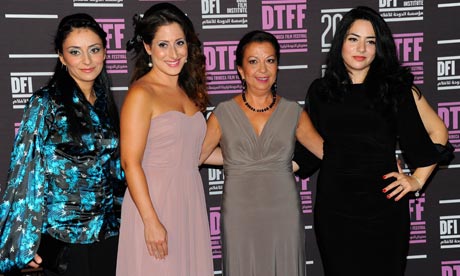
There are reserves of comic material in Europe that are scandalously under-exploited. In the cultural and political no man's land inhabited by millions of European residents whose parents were born elsewhere fiction in general, and films in particular, prefers to dwell on the tragic side, on its social drama.
Comedies such as Bend it Like Beckham in Britain or La Première Etoile in France are few and far between. Almanya – Willkommen in Deutschland is an ambitious German film of comic intent which tells the story of three generations of a family whose grandfather left his village in Anatolia in the 1960s for work in the Ruhr. Actually the goal is even more ambitious, for director Yasemin Samdereli wants to promote mutual respect and the virtues of hybrid vigour. In a perfect world her message would slip surreptitiously into the folds of the comedy. But Almanya's tone is preachy, almost strident, however well-meaning it may be.
The film still has some pleasant moments, though. The day after receiving his German passport, Huseyin announces that he plans to take the whole tribe – of which the youngest generation has branched out into mixed marriage – to visit the village in Turkey where he and his wife were born.
To distract the youngest member of the family, Cenk, 10, who is at a loss to know whether he should side with the Germans or Turks when he plays football during school breaks, other members of the family undertake to tell him their story, illustrated by long flashbacks. These passages are the best part of the film, showing the postwar boom decades in a new light. They are also the pretext for a clever narrative trick: Cenk does not speak Turkish, so to explain the degree of misunderstanding and alienation encountered by his grandparents and parents, then children, the Turks speak German and the Germans Turkish.
On arriving in Turkey the film degenerates into a sentimental melodrama, as each member of the family finally fulfils their destiny.
This article orginally appeared in Le Monde

